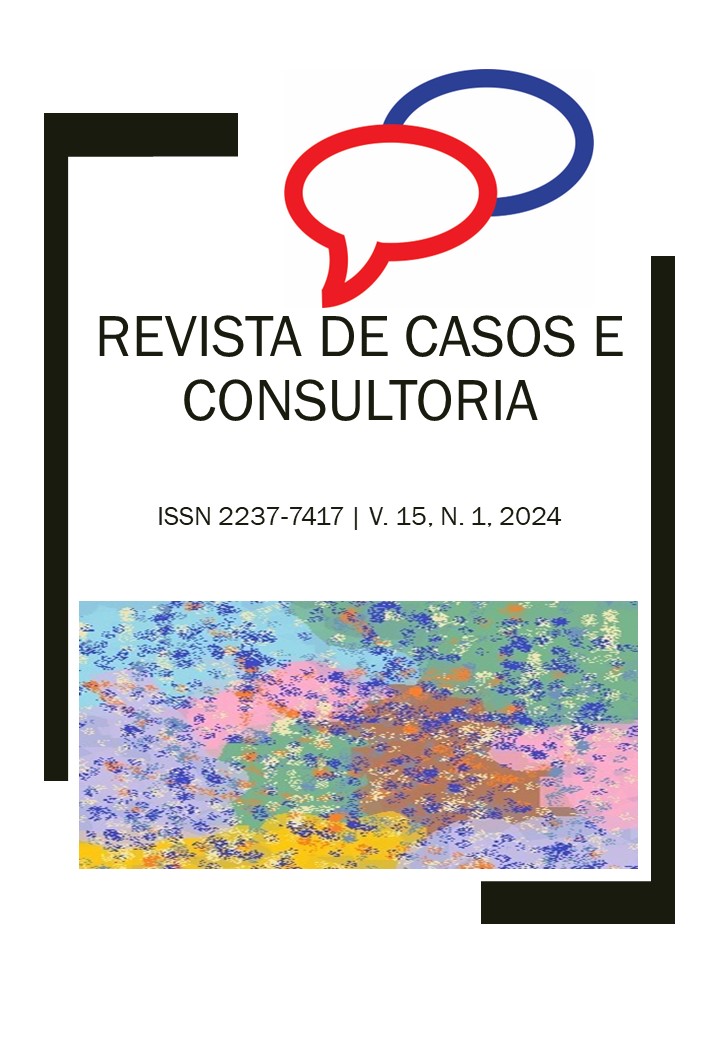Impacts of basic sanitation in religious tourist spots of Juazeiro do Norte-Ceará: An experience report
Keywords:
Basic sanitation; Health promotion; Environmental Protection.Abstract
The absence of basic sanitation is inserted in the insufficient water supply and the absence of treatments, inadequate sanitary sewage, incorrect storage of solid waste and precarious housing scenarios. There were great advances in relation to basic sanitation in Brazil in the first half of the 20th century, these advances were proposed by the sanitary doctor Oswaldo Cruz. In view of this, sanitary measures were adopted that sought to contain the spread of various pathological agents that caused diseases at that time. The objective of the project is to analyze and understand the importance of basic sanitation in health and which impacts can interfere in the health of the population. The project is a descriptive and quantitative qualitative analysis starting with an experience report, for the construction of the project a bibliographical review was carried out in scientific articles addressed by the proposed theme. Therefore, a field research was carried out in the religious sights of Juazeiro do Norte - Ceará, to evaluate the impacts caused by the lack of adequate basic sanitation. Therefore, we can observe that the accelerated development of cities promotes a greater consumption of industrialized goods and disposable products, in which the generation of such waste is increasing. Which results in insufficient space for your destination, causing one of the major problems for the environment. It is concluded that it is important to provide guidance on the correct disposal of solid waste to visitors who visit the sights of Juazeiro do Norte - Ceará, it is also necessary to enable people who live in the vicinity of these sights, so that they contain the amount of garbage, and the city government minimizes open sewers, thus avoiding damage to the health of the population.
Downloads
References
BRASIL. Lei no 11.445, de 5 de janeiro de 2007. Estabelece as diretrizes nacionais para o saneamento básico; cria o Comitê Interministerial de Saneamento Básico; altera as Leis nos 6.766, de 19 de dezembro de 1979, 8.666, de 21 de junho de 1993, e 8.987, de 13 de fevereiro de 1995; e revoga a Lei no 6.528, de 11 de maio de 1978. Brasília: Congresso Nacional, 2007.
BOLOVATO, L. E. Saneamento Básico e Saúde. Escritas: Revista do Colegiado de História. Câmpus de Araguaína, v. 2, p. 1-15, 2010.
FIGUEIREDO, V. S. O SANEAMENTO AMBIENTAL E A QUALIDADE DA ÁGUA OFERTADA À POPULAÇÃO DA CIDADE DE ROMARIA – MG. Universidade Federal de Uberlândia .p.1-194, 2021.
RIBEIRO, J. W; ROOKE, J. M. S. Saneamento Básico e sua relação com o meio ambiente à saúde pública. Universidade Federal de Juiz de Fora, p.4-27, 2010.
HELLER, L. Relação entre saúde e saneamento na perspectiva do desenvolvimento. Ciência e Saúde Coletiva, Rio de Janeiro, v. 3, n. 2, p. 73-84, 1998.
LEONETI, A. B; PRADO, E. L. Saneamento básico no Brasil: considerações sobre investimentos e sustentabilidade para o século XXI. Rio de Janeiro, 2011.
MAURA, L.; LAUDAU, E. C.; FERREIRA, A. M. Doenças relacionadas ao saneamento ambiental inadequado no Brasil. Embrapa. v.8, p.1-21, 2016.
SANTOS, M. S. F. O consumo e a geração de resíduos sólidos: Nas Festividades do Santuário de Nossa Senhora de Fátima. Universidade Estadual Paulista, Instituto de Geociências e Ciências Exatas Fortaleza - Ceará. São Paulo, 2013.
Downloads
Published
How to Cite
Issue
Section
License
Copyright (c) 2024 Thais Freitas de Lira, Cicero Igno Guedes Bezerra, Juliana da Silva Souza, Maria Teresa Nascimento Lira, Joyge Breno Araújo de Figueiredo, Marta de Oliveira Rodrigues, Paulo César de Lima Andrelino

This work is licensed under a Creative Commons Attribution 4.0 International License.

 Português (Brasil)
Português (Brasil) English
English Español (España)
Español (España)